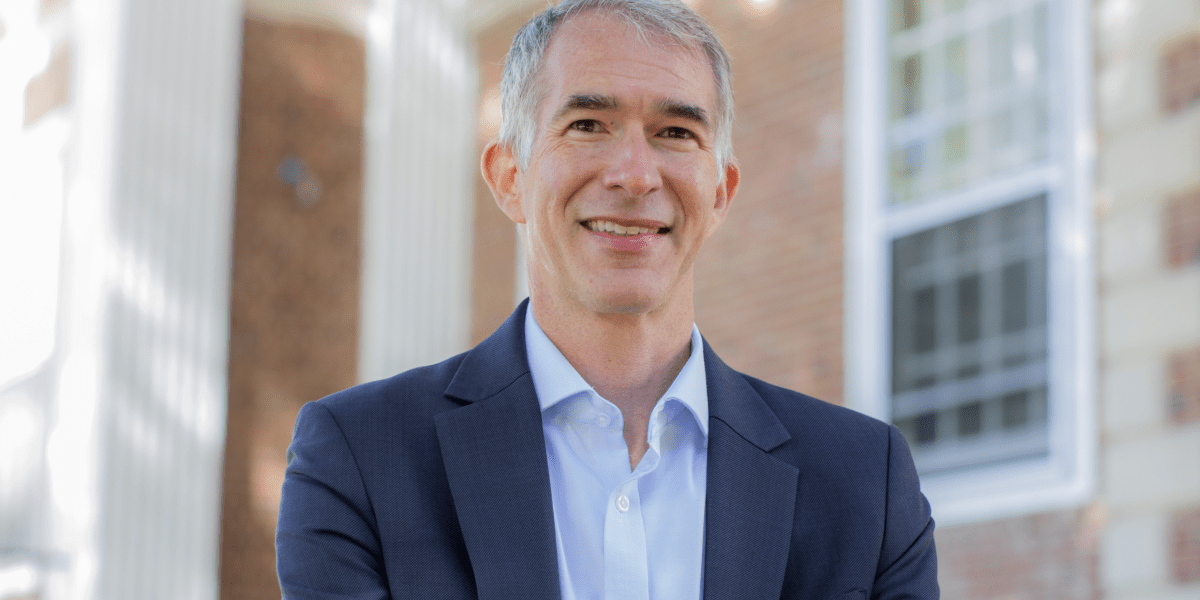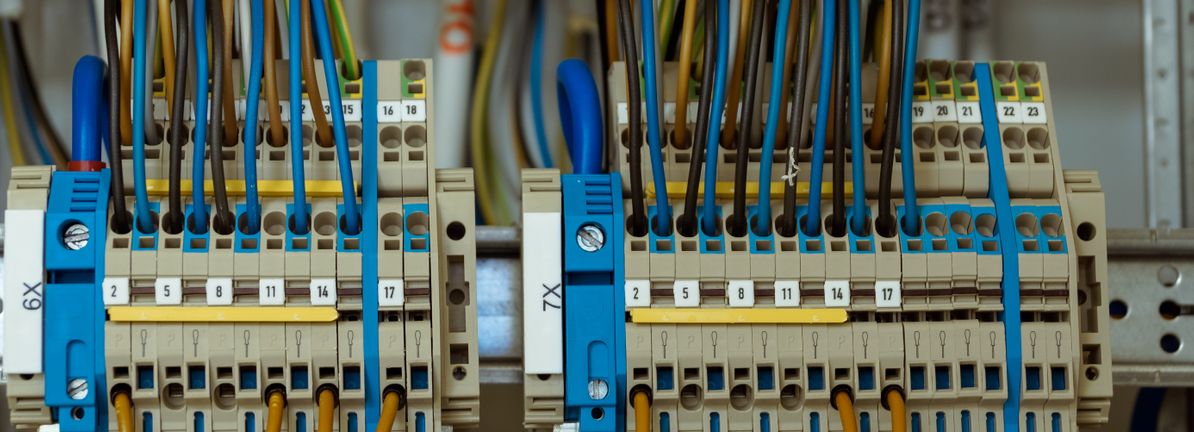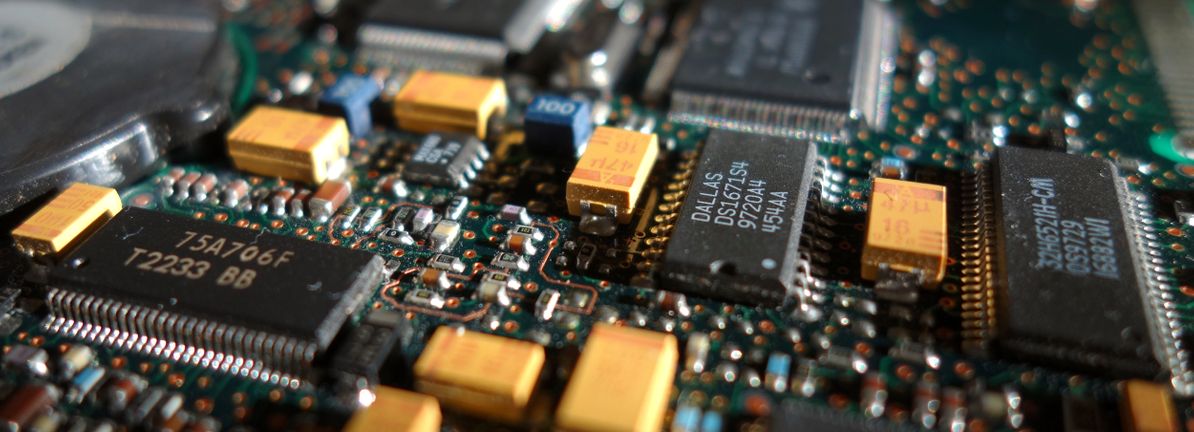Welcome to OncLive®’s OncFive!
Every week, we bring you a quick roundup of the 5 top stories from the world of oncology—ranging from pivotal regulatory decisions to key pipeline updates to expert insights on breakthroughs that are moving the needle in cancer care. This resource is designed to keep you informed on the latest updates in the space, in just a matter of minutes.
Here’s what you may have missed this week:
The FDA approved durvalumab (Imfinzi) for use in combination with FLOT (fluorouracil, leucovorin, oxaliplatin, and docetaxel) as neoadjuvant and adjuvant treatment, followed by single-agent durvalumab, for adult patients with resectable gastric and gastroesophageal junction (GEJ) adenocarcinoma.1
The regulatory decision was supported by findings from the phase 3 MATTERHORN trial (NCT04592913), which showed durvalumab plus FLOT reduced the risk of disease progression, recurrence, or death by 29% compared with FLOT alone; The median event-free survival (EFS) was not reached (95% CI, 40.7-not estimable [NE]) with durvalumab vs 32.8 months (95% CI, 27.9-NE) with FLOT alone. (HR, 0.71; 95% CI, 0.58-0.86; P < .001). The pathological complete response rate was 19.2% (95% CI, 15.7%-23.0%) in the durvalumab arm vs 7.2% (95% CI, 5.0%-9.9%) in the FLOT alone arm (P < .001).
The FDA has granted priority review to a new drug application (NDA) seeking the approval of sonrotoclax (BGB-11417) for the treatment of adult patients with relapsed or refractory MCL who have received prior treatment with a BTK inhibitor.2
The NDA is supported by findings from the phase 1/2 BGB-11417-201 trial (NCT05471843), which met its primary end point of overall response rate (ORR) per independent review committee (IRC) and showed clinically meaningful responses among 125 adult patients with relapsed/refractory disease previously treated with a BTK inhibitor. Full data from the study that support the NDA will be presented at the 2025 ASH Annual Meeting.
Treatment with Sacituzumab tirumotecan (sac-TMT; SKB264/MK-2870) in combination with pembrolizumab (Keytruda) yielded a statistically significant and clinically meaningful improvement in progression-free survival (PFS) vs pembrolizumab alone in patients with PD-L1–positive advanced non–small cell lung cancer (NSCLC), meeting the primary end point of the phase 3 OptiTROP-Lung05 trial (NCT06448312).3
Overall survival also trended in favor of the sac-TMT regimen, per independent data monitoring committee assessment. Based on these findings, an NDA could be submitted to the Center for Drug Evaluation of the National Medical Products Administration in China seeking the approval of sac-TMT in this indication.
Treatment with subcutaneous toripalimab (JS001sc) in combination with chemotherapy generated comparable pharmacokinetics (PK) compared with intravenous (IV) toripalimab (Loqtorzi) plus chemotherapy in patients with recurrent or metastatic nonsquamous non–small cell lung cancer (NSCLC), meeting the primary end points of the phase 3 JS001sc-002-III-NSCLC trial (NCT06505837).4
The study met both its primary end points: observed serum Ctrough concentration at cycle 1 and model-predicted area under the concentration time curve from 0 to 21 days at cycle 1. Findings also demonstrated that subcutaneous toripalimab produced comparable efficacy and safety outcomes compared with the IV formulation. Full trial data will be presented at an upcoming international medical conference.
The European Commission approved lisocabtagene maraleucel (Breyanzi; liso-cel) for the treatment of adult patients with relapsed or refractory MCL following at least 2 prior lines of systemic therapy, including a BTK inhibitor.5
This regulatory decision is supported by data from the MCL cohort of the phase 1 TRANSCEND NHL 001 trial (NCT02631044), which showed that liso-cel generated an ORR of 82.7% (95% CI, 72.7%-90.2%) and a complete response rate of 71.6% (95% CI, 60.5%-81.1%). The median time to first response was 0.95 months, and 41.2% (95% CI, 29.2%-52.9%) of patients remained in response at 24 months.
References
- FDA approves durvalumab for resectable gastric or gastroesophageal junction adenocarcinoma. FDA. November 25, 2025. Accessed November 26, 2025. https://www.fda.gov/drugs/resources-information-approved-drugs/fda-approves-durvalumab-resectable-gastric-or-gastroesophageal-junction-adenocarcinoma
- U.S. FDA grants priority review to sonrotoclax for the treatment of relapsed or refractory mantle cell lymphoma. News release. BeOne Medicines. November 26, 2025. Accessed November 26, 2025. https://ir.beonemedicines.com/news/us-fda-grants-priority-review-to-sonrotoclax-for-the-treatment-of-relapsed-or-refractory-mantle/786f1dad-0c9f-492e-9fce-f9ceadd24989
- Kelun-Biotech announces phase 3 trial of sac-TMT in combination with Keytruda (pembrolizumab) as first-line treatment for PD-L1–positive NSCLC met primary endpoint. News Release. PR Newswire. November 24, 2025. Accessed November 26, 2025. https://www.prnewswire.com/news-releases/kelun-biotech-announces-phase-iii-trial-of-sac-tmt-in-combination-with-keytruda-pembrolizumab-as-first-line-treatment-for-pd-l1-positive-nsclc-met-primary-endpoint-302624279.html
- Junshi Biosciences announces primary endpoints met in JS001sc’s phase 3 study for the 1st-line treatment of NSQ-NSCLC. News release. Shanghai Junshi Biosciences. November 24, 2025. Accessed November 26, 2025. https://www.globenewswire.com/news-release/2025/11/25/3193998/0/en/Junshi-Biosciences-Announces-Primary-Endpoints-Met-in-JS001sc-s-Phase-3-Study-for-the-1ST-line-Treatment-of-NSQ-NSCLC.html
- Bristol Myers Squibb receives approval from the European Commission to expand use of CAR T cell therapy Breyanzi for relapsed or refractory mantle cell lymphoma. News release. Bristol Meyers Squibb. November 24, 2025. Accessed November 26, 2025. https://news.bms.com/news/corporate-financial/2025/Bristol-Myers-Squibb-Receives-Approval-from-the-European-Commission-to-Expand-Use-of-CAR-T-Cell-Therapy-Breyanzi-for-Relapsed-or-Refractory-Mantle-Cell-Lymphoma/default.aspx










